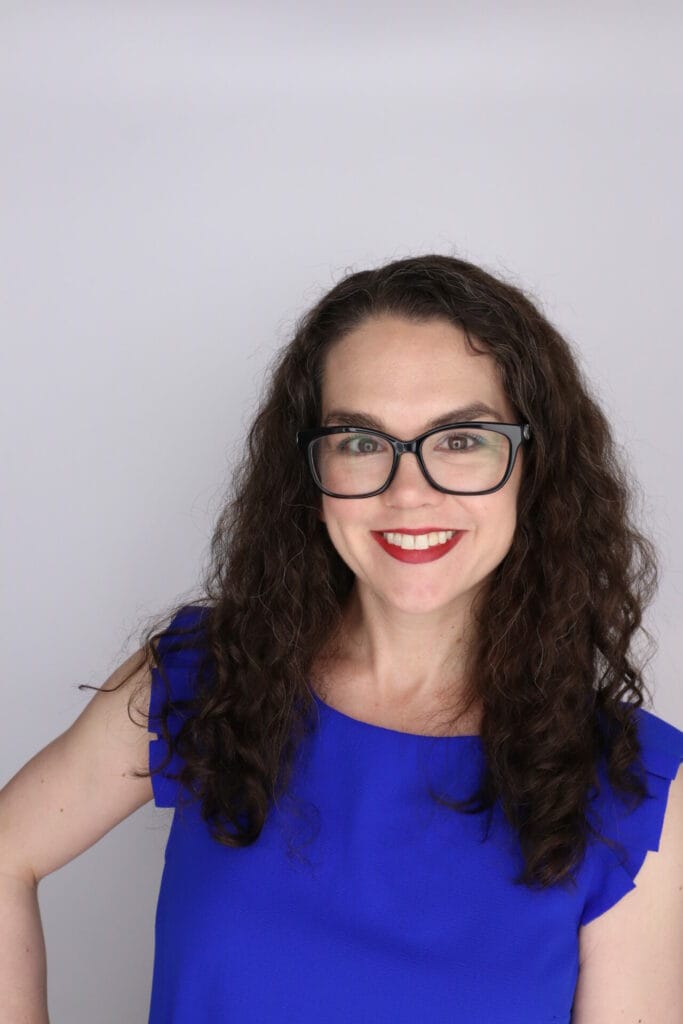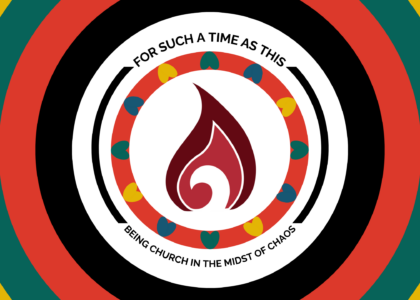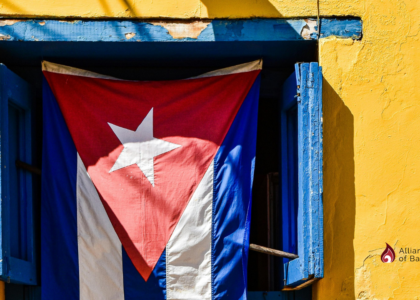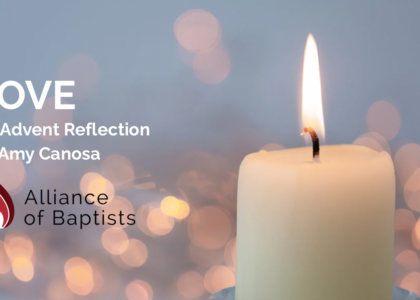by Courtney Pace
Parents often ask me for guidance on how to talk to their kids about liberation and justice. They want their children to be informed, but not disillusioned. They want to offer age-appropriate engagement as a wellspring of hope.
It’s much easier than you might think, and I want to explore these conversations in hopes that you would feel empowered to talk to your kids—and other grown-ups—about things that matter.
Kids have an innate sense of justice. “She took my ball, and that’s not fair.” “It was supposed to be my turn to be line leader, but he broke the rules.” “I was talking, but that person didn’t listen because I’m small.” And so on.
That’s a great place to start. Kids want to feel heard. Even if as the adult you need to make a choice different from what they’re saying, they want to know that you heard them and that they matter.
So goes the world. Every great social justice movement in our history originated with voices from the margins speaking truth about their experiences of being marginalized by those in the center. And before real change can happen, those voices must be heard and understood, even, and especially, when what those on the margins are saying makes the center uncomfortable. Once the injustice is understood, groups can work together to eradicate not just individual instances of bigotry, but also systemic perpetuation of injustice.
In kid language, instead of just asking Johnny to remember that it’s your turn to be line leader, you can evaluate the system to protect the turn of whoever is the line leader from others who might want to take that turn inappropriately, and recognizing if the current system keeps some children from ever getting a turn. Or, instead of only asking Susie to give the ball back, you can make sure that the system promotes sharing, taking turns, and ways to communicate kindly about it. Or, instead of just excusing the inconsiderate behavior of that grown-up who devalued your child’s voice because he is small, you can create cultural norms that when someone is talking others show respect for that person by listening.
Those kinds of conversations can emerge throughout the day very naturally. Mundane things you probably already ask your kids like “How was school today?” “How did you get to be a helper today?” and “What did you most and least enjoy about your day?” can lead to transformational conversations with your child about how they are feeling and what they are learning. They will tell you when things are bothering them, and then you get to be a part of helping them think through the situation, identifying the dynamics, and strategizing solutions.
Maybe you are afraid you won’t know what to say, or that you’ll confuse your kids, or that you are still figuring some of it out for yourself and don’t feel ready. Your kids don’t need you to be an expert. They need you to be honest and available. Be yourself. If they ask a question you can’t answer, it’s okay to say, “I don’t know. Let’s find out together.”
One of my favorite such conversations with my son happened when he asked why I didn’t like him to watch a particular superhero television show. I told him that I thought it was too violent, and that I wished that they could use their words instead of their weapons. He said, “But Mommy, the superheroes do use their words, but sometimes the bad guys don’t listen.” (My kid is really sharp!) So we talked about what we do when we are using our words, but others don’t listen. We talked about allies who can help us find peace and reconciliation when talking to the person directly doesn’t work. We talked about why good people make bad choices, and that “bad guys” may not be the best language for talking about other people. We talked about ways we can protect ourselves when others seek to harm us. It felt like the most natural conversation in the world, even though it was pretty remarkable.
If all of that still feels daunting, then take a deep breath. One of the best ways to start talking to your kids about things that matter is through media: movies, music, books, podcasts, etc. Choose something that resonates with you, and jump in. Eventually, your kids will ask you questions. They will want to know why Jazz Jennings was teased by other children at school (transphobia/homophobia), why Rosa Parks was thrown off the bus for going in the front door (racism), or why people thought Amelia Earheart couldn’t fly all by herself (sexism). And that is a wonderful opportunity for you to talk about those issues with your kids.
And if they don’t bring it up, then try some interaction. “Why do you think that the bus driver said that?” “What do you think she will do next?” “Do you think that behavior was good or bad?”
At school and in communities of faith, your children are no doubt hearing things like, “use your words” and “let’s share so that all of our friends can play.” They understand those ideas. And they’ll want to know why those in the story weren’t following those basic rules of human civility. This lets you talk about fear, ignorance, greed, power, and other things that lead us to make bad choices. You can talk with your kids about love versus hate, and what those ideas look like in human behavior. You can ask them to help you identify who was being wise and who was not, who was acting with love and who was not, who was being a friend and who was not.
This gives them an invaluable toolkit for critical thinking. When they are out in the world, they’ll be able to recognize when people might be using words like “liberty” or “justice,” but their actions are modeling the opposite. They’ll be able to tell when people are misappropriating sacred texts for their own selfish agendas. They’ll be able to identify when they make assumptions that may not be fair, and how it makes them feel when others do so about them. They’ll build empathy, courage of conviction, and a vocabulary for talking about things that matter.
It is one of the most important gifts you can give your child. It feels scary because you recognize how important it is. Maybe you are afraid you won’t know what to say, or that you’ll confuse your kids, or that you are still figuring some of it out for yourself and don’t feel ready. Your kids don’t need you to be an expert. They need you to be honest and available. Be yourself. If they ask a question you can’t answer, it’s okay to say, “I don’t know. Let’s find out together.”
Explore a book or movie about liberation champions throughout history, different kinds of families, different faith practices, the environment, health care issues, and more. Find what speaks to you and start there.
And before you know it, those little seeds will have deep roots and vibrant blossoms of things like love, nonviolence, taking care of the earth and each other, and honoring the humanity of each person.
Join the conversation in the comments by sharing your favorite books, movies, or other resources to nourish conversations about equity!

The Rev. Courtney Pace, Ph.D., is the Prathia Hall Scholar in Residence of Social Justice History for Equity for Women in the Church. She has a Ph.D. in Religion from Baylor University (2014) and a Master of Divinity in Theology from George W. Truett Theological Seminary (2007). Dr. Pace is ordained through the Cooperative Baptist Fellowship and also works closely with the Alliance of Baptists and Baptist Women in Ministry. She is a board member of Equity for Women in the Church, a nonprofit organization that promotes the acceptance and placement of women in ministry as well as interracial and ecumenical cooperation, and she is the founder and chair of the Clergy Advocacy Board for Planned Parenthood of Tennessee and North Mississippi. She is frequently invited as guest preacher to churches across the country.




Recent Comments